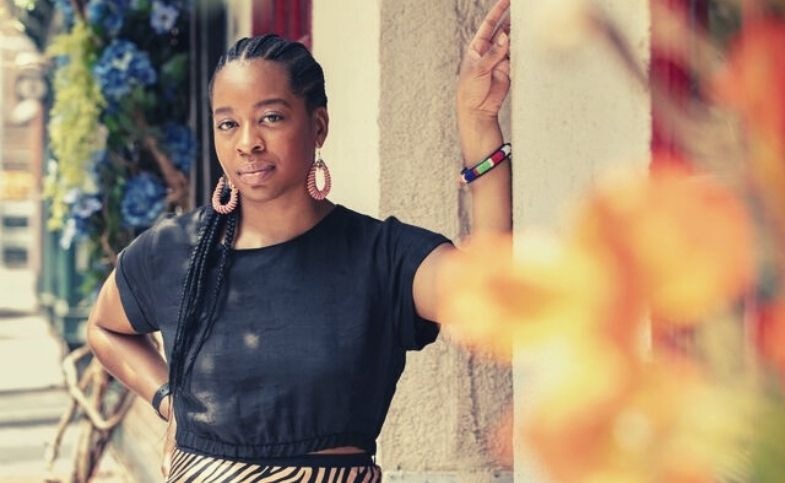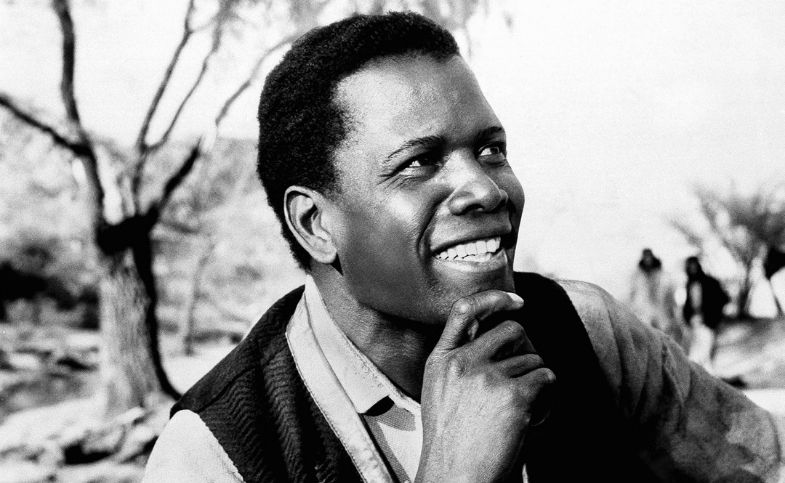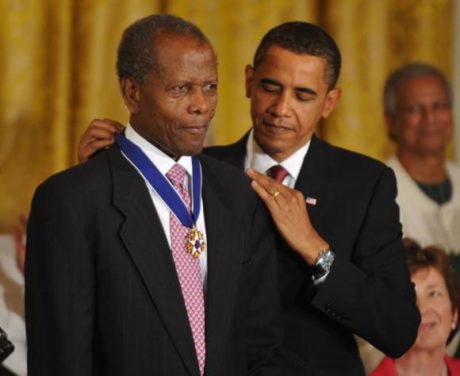Sidney Poitier, one of Hollywood’s most recognizable actors and a trailblazer for African-Americans, is noted for his advocacy as much as his acting abilities.
“Poitier was very supportive of the civil rights movement. He attended the March on Washington and supported the movement with money and the like,” Gerald Early, professor of African American studies at Washington University in St. Louis, told NBC News.
“He was very committed to the civil rights movement and was along with people like Jackie Robinson, Harry Belafonte, Sammy Davis Jr. That was a very important part of his image and his commitment — how he saw himself as an actor.”
According to The New York Times, Poitier observed in a 1967 interview, “It’s a choice, a clear choice. If the fabric of the society were different, I would scream to high heaven to play villains and to deal with different images of Negro life that would be more dimensional. But I’ll be damned if I do that at this stage of the game.”
According to People, Poitier and his then-wife, Juanita Hardy, welcomed well-known campaigners at their house during the blossoming civil rights movement.
In 1964, he and Harry Belafonte, a close friend, activist, and performer, traveled to Greenwood, Mississippi, for Freedom Summer. The two were moved by the deaths of three civil rights activists who were killed while attempting to register African Americans to vote, and they placed at least $70,000 in a suitcase to help support voting rights activities.
According to The Nation, they were pursued by gun-toting Ku Klux Klan members as they left Greenwood and only narrowly escaped death.
Martin Luther King Jr.’s March on Washington in 1963 and his funeral in 1968 were both attended by Poitier. He marched in remembrance of James Meredith, the first Black student at the University of Mississippi, who was slain in a civil rally that year.
“Poor People’s Campaign, Resurrection City, Washington, D.C., May 1968 Powerful beyond the stage and screen,” wrote Rev. Bernice King, Martin Luther King Jr.’s daughter, in a tweet on Friday.
Even as he broke barriers for Black actors, Poitier’s characters on screen were primarily accepted by white viewers. However, as Black Power and other more militant movements gained traction in the late 1960s, he was chastised by some who thought he was too palatable and submissive to white audiences.
“He suddenly went from being the lone representation of his race to being unfairly castigated as the man who apologized for being Black,” said NPR film critic Elvis Mitchell. “And he was just working, he wasn’t in control of the movie business, he didn’t choose to make the movies — he chose to be in them because he just wanted to work.”
From 1997 to 2007, Poitier served as the Bahamas’ ambassador to Japan after his acting career. Poitier, a dual citizen of the United States and the Bahamas, served as ambassador from afar because the Bahamas lacked an embassy in Japan.
In 1974, Queen Elizabeth II made him an honorary Knight Commander of the Order of the British Empire. In 2009, he was awarded the Presidential Medal of Freedom by then-President Barack Obama.
Poitier’s activism was centered on his on-screen convictions, including a dedication to avoiding stereotypes. His career spanned decades, and he established himself as a big box-office draw while also paving the way for future African-American actors. In classics like “In the Heat of the Night,” “Guess Who’s Coming to Dinner,” “A Patch of Blue,” “To Sir, With Love,” and many others, he gave brilliant performances.
He once stated, “I felt very much as if I were representing 15, 18 million people with every move I made.”
According to all sources, Poitier’s meteoric ascent to fame coincided with the civil rights movement. In 1964, he received the Academy Award for Best Actor for “Lilies of the Field,” when the Civil Rights Act was signed into law.
Throughout his career, he carried a massive burden of racial responsibility. He also eschewed roles based on racial stereotypes as a point of principle, preferring instead to portray dignified, well-respected individuals on screen. As part of his activism, he did this.













